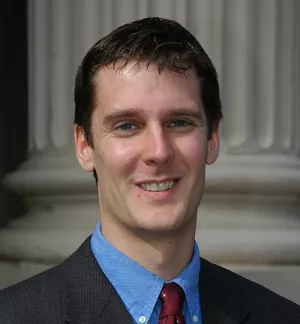Matthew Fuhrmann and co-author Xiaojun Li examine when and why states ratify regional nuclear weapons free zone (NWFZ) treaties. Integrating insights from the literatures on legal commitment and nuclear proliferation, Fuhrmann and Li test several hypotheses using event history analysis and a sample of all 109 states that are eligible to join NWFZs. They find that expectations of future conflict with the nuclear powers make states more likely to ratify NWFZ treaties and factors that might compel states to pursue nuclear weapons — such as militarized conflict and the presence of nuclear-related resources — make states less likely to do so. They find only limited support for the argument that normative or reputation-based benefits influence states' decisions to join NWFZs.
Fuhrmann, Matthew and Xiaojun Li. “Legalizing Nuclear Abandonment: The Determinants of Nuclear Weapon Free Zone Treaty Ratification.” March 14, 2008





